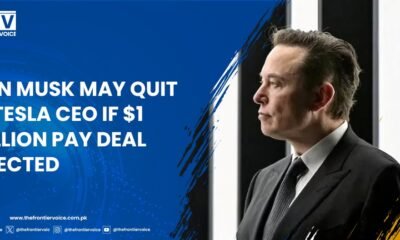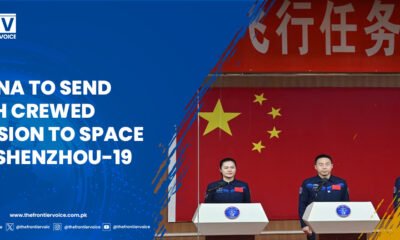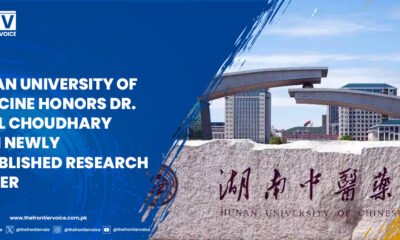TECHNOLOGY
Nobel Prizes for AI Scientists Stir Debate Over Google’s Research Dominance and Award Categories

The awarding of this year’s Nobel prizes in chemistry and physics to AI pioneers associated with Google has ignited a broader debate over the company’s research dominance and how breakthroughs in artificial intelligence should be recognized. On Wednesday, Demis Hassabis and John Jumper, co-founders of Google’s AI unit DeepMind, alongside U.S. biochemist David Baker, received the Nobel prize in chemistry for their work decoding the structures of microscopic proteins.
Meanwhile, Geoffrey Hinton, a former Google researcher, was awarded the Nobel prize in physics for his foundational work in machine learning, which played a pivotal role in the current AI boom. While their achievements in AI are universally acknowledged, critics argue that the Nobel committee’s recognition of their work under physics and chemistry categories is problematic.
Professor Dame Wendy Hall, a leading computer scientist, pointed out that the absence of a Nobel prize in mathematics or computer science has distorted the outcome. “The Nobel committee doesn’t want to miss out on this AI wave,” she remarked, questioning the validity of awarding a physics prize for work rooted in computer science.
Similarly, Noah Giansiracusa, a math professor at Bentley University, expressed concerns about Hinton’s win, stating, “What he did was phenomenal, but was it physics? I don’t think so.”
These concerns raise broader questions about how innovations in emerging fields like AI should be acknowledged when traditional prize categories may not fully encompass their significance.












